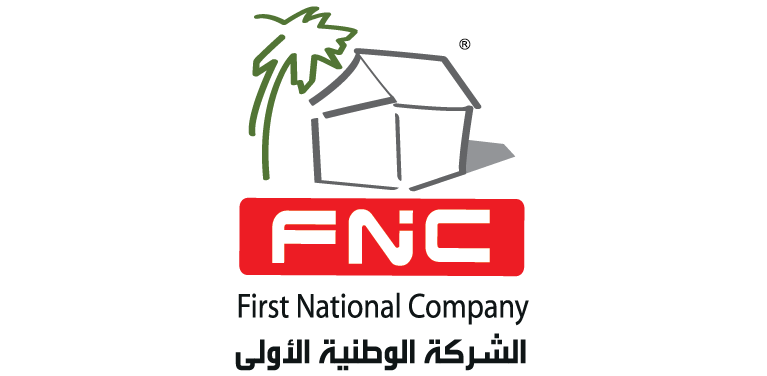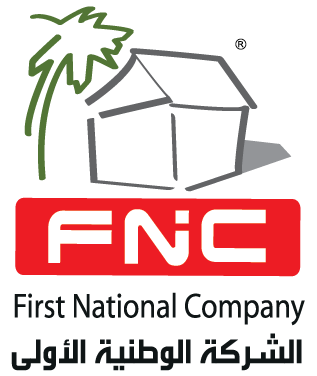Anti-bribery and corruption policy
1. Introduction
FNC values its reputation and is committed to maintaining the highest level of ethical standards in the conduct of its business affairs. The actions and conduct of the firm’s staff as well as others acting on the firm’s behalf are key to maintaining these standards.
The purpose of this document is to set out the firm’s policy in relation to bribery and corruption. The policy applies strictly to all employees, directors, agents, consultants, contractors and to any other people associated with the FNC within all regions, areas and functions.
2. Understanding and recognizing bribery and corruption
Acts of bribery or corruption are designed to influence an individual in the performance of their duty and incline them to act in a way that a reasonable person would consider to be dishonest in the circumstances.
Bribery can be defined as offering, promising or giving a financial (or other) advantage to another person with the intention of inducing or rewarding that person to act or for having acted in a way which a reasonable person would consider improper in the circumstances. Corruption is any form of abuse of entrusted power for private gain and may include, but is not limited to, bribery.
Bribes are not always a matter of handing over cash. Gifts, hospitality and entertainment can be bribes if they are intended to influence a decision.
3. Penalties
Under the laws of Kurdistan region of Iraq, bribery by individuals is punishable imprisonment and/or an unlimited fine. If the firm is found to have taken part in the bribery or is found to lack adequate procedures to prevent bribery, it too could also face an unlimited fine.
A conviction for a bribery or corruption related offence would have severe reputational and/or financial consequences for the firm.
4. FNC ‘s Policy
FNC will not tolerate bribery or corruption in any form.
The firm prohibits the offering, giving, solicitation or the acceptance of any bribe or corrupt inducement, whether in cash or in any other form:
• to or from any person or company wherever located, whether a public official or public body, or a private person or company;
• by any individual employee, director, agent, consultant, contractor or other person or body acting on the firm’s behalf;
• in order to gain any commercial, contractual, or regulatory advantage for the firm in any way which is unethical or to gain any personal advantage, pecuniary or otherwise, for the individual or anyone connected with the individual.
It may not always be a simple matter to determine whether a possible course of action is appropriate. If you are in any doubt as to whether a possible act might be in breach of this policy or the law, the matter should be referred to your Head of Department. If necessary, guidance should also be sought from the company Legal and Compliance Director or the Director, Head of Legal.
The firm will investigate thoroughly any actual or suspected breach of this policy, or the spirit of this policy. Employees found to be in breach of this policy may be subject to disciplinary action which may ultimately result in their dismissal.
5. Employee responsibility and how to raise a concern
The prevention, detection and reporting of bribery or corruption is the responsibility of all employees throughout the firm. If you become aware or suspect that an activity or conduct which is proposed or has taken place is a bribe or corrupt, then you have a duty to report this.
Any such incidents should be reported in accordance the firm’s policy to the firm , Legal and Compliance Director.

